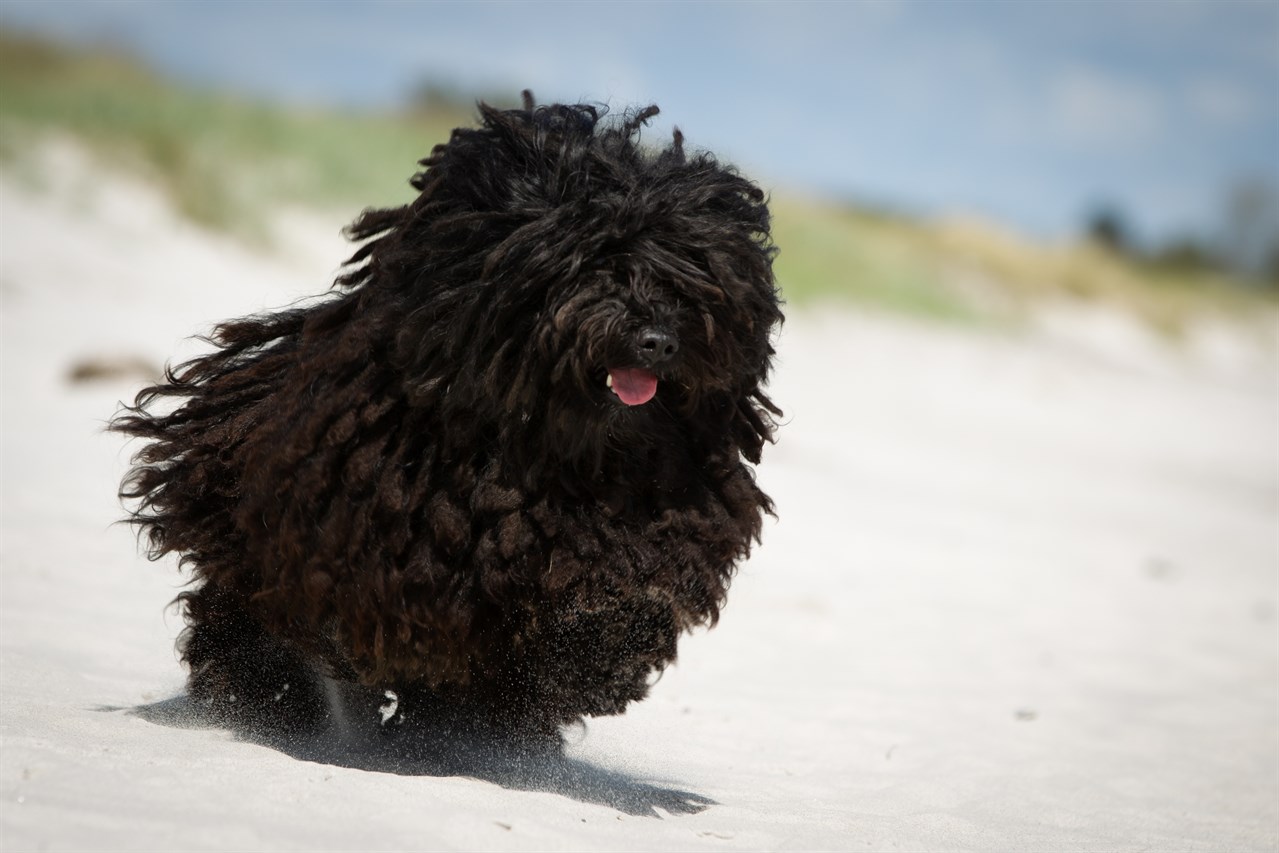Common Health Issues of the Puli: Awareness and Prevention

Pulis are generally a healthy and hardy breed, but like all dogs, they can be prone to certain health issues. Responsible breeding practises, routine veterinary care, and awareness of potential health concerns are essential for the well-being of these beloved dogs. Here are some common health issues that Pulis may face.
Hip Dysplasia
Hip dysplasia is a hereditary condition that can affect Pulis and many other breeds. It occurs when the hip joint doesn't develop properly, leading to pain and discomfort. Responsible breeders screen for hip dysplasia to reduce the risk of passing it on to offspring.
Patellar Luxation
Patellar luxation is a condition where the kneecap (patella) moves out of its normal position. It can cause lameness and discomfort in affected Pulis. Surgical correction may be necessary in severe cases.
Eye Issues
Pulis can be prone to certain eye conditions, including:
- Progressive Retinal Atrophy (PRA): PRA is a genetic condition that leads to progressive vision loss and can eventually result in blindness.
- Cataracts: Cataracts can develop in Pulis, causing cloudiness in the eye lens and potentially leading to vision impairment.
Regular eye examinations by a veterinarian can help detect and manage these conditions early.
Skin Issues
The dense coat of the Puli can sometimes lead to skin problems, such as:
- Hot Spots: These are areas of inflamed and infected skin that can occur when moisture gets trapped in the coat.
- Allergies: Pulis can be prone to allergies, which can manifest as skin irritation, itching, or gastrointestinal issues.
Proper grooming and regular coat maintenance can help prevent and manage skin issues.
Ear Infections
Pulis have floppy ears that can be prone to ear infections if not properly cleaned and maintained. Regular ear cleaning and monitoring can help prevent infections.
Bloat (Gastric Torsion)
Bloat is a life-threatening condition that can affect Pulis and other deep-chested breeds. It involves the stomach twisting, cutting off blood flow, and trapping gas. Immediate veterinary attention is crucial if bloat is suspected.
Dental Issues
Dental problems, including periodontal disease, can affect Pulis if proper dental care is not provided. Regular tooth brushing and dental check-ups can help maintain oral health.
Elbow Dysplasia
Similar to hip dysplasia, elbow dysplasia is a developmental condition that affects the elbow joint. It can lead to lameness and arthritis. Responsible breeding practises aim to reduce the risk of elbow dysplasia.
Epilepsy
Epilepsy is a neurological disorder that can cause seizures in Pulis. While it is not specific to this breed, it is important to be aware of the condition and seek veterinary care if seizures occur.
Umbilical Hernia
Some Pulis may develop umbilical hernias, which are small protrusions near the belly button. These are typically not life-threatening but should be evaluated by a veterinarian.
Obesity
Due to their hearty appetite and love of treats, Pulis can be prone to obesity. Maintaining a healthy weight through proper diet and exercise is essential to prevent obesity-related health issues.
Regular veterinary check-ups and open communication with your veterinarian are crucial for early detection and management of any health concerns in your Puli. Responsible breeding practises that prioritise health testing and genetic screening also play a significant role in reducing the risk of hereditary health problems.